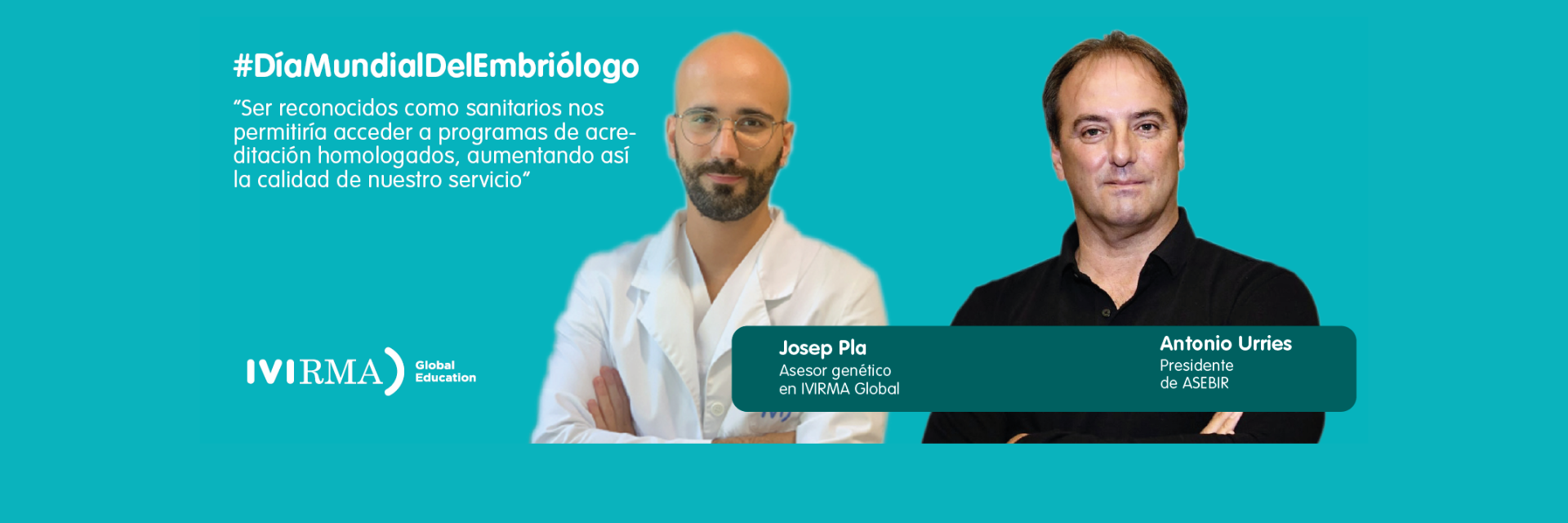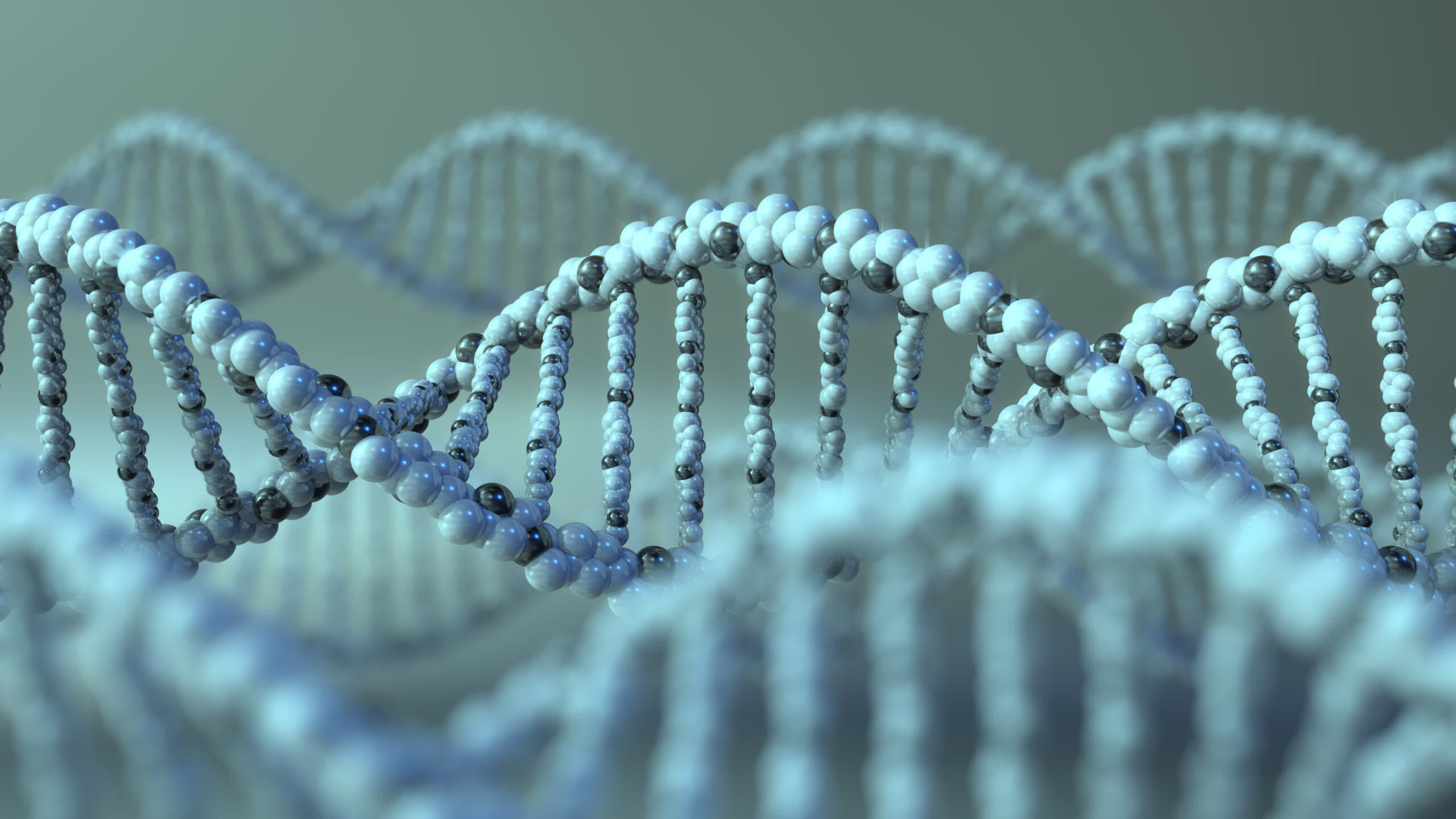

2022 could be the year when biology is recognised as a health profession

25 July, 2022
Biologists in the field of healthcare have been demanding recognition of their work as healthcare professionals for over twenty-five years, but to no avail. After years of struggle and several attempts even by a Minister of Health, the group has now placed its hopes in Celia GĂłmez. She is the new Director General of Professional Organisation at the Ministry of Health, and they have already requested a meeting with her.
All reproductive biology professionals agree that there is an urgent need to regulate the profession in order to access accredited training or even to qualify for a position as head of service. This group has plenty of support and accounts for 90% of the staff in Spanish fertility services.Â
The Spanish Association for the Study of Reproductive Biology (ASEBIR), the General Council of Official Associations of Biologists (CGCOB) and the Conference of Deans of Biology (CEBD), in conjunction with other scientific societies, such as the Spanish Fertility Society (SEF), managed to obtain the approval of the Ministry of Health in January 2019 to regulate Healthcare Biology as a healthcare profession. However, the Minister of Health at the time, MarĂa Luisa Carcedo, was unable to implement this decision.
The modification of Law 44/2003 on the organisation of health professions (LOPS) to incorporate health biologists and health social workers was included in the General State Budget for 2021. This was the year when the long-awaited demand was expected to become effective.
Until then, and continuing to this day, only biologists and related graduates who had obtained a speciality via the BIR (Resident Intern Biologist) were health professionals. The modification of this Law 44/2003 would establish two professional categories for biologists: health biologists with and without a speciality, both of whom would be recognised as health professionals.
As Dr. Antonio Urriés, president of ASEBIR, points out, this recognition would also be the basis for demanding that a new speciality, clinical embryology, be created. However, the inclusion of biologists in the LOPS never took place. In 2021, the new Directorate of Professional Organisation of the Ministry of Health brought all achieved progress to a halt, sending biologists and all their efforts back to square one.
"We didn't achieve it, but I don't think that this is due to lack of effort but rather to the absence of political support” explains Urriés. As for Josep Pla, president of SEAGen, he blames the problem on a lack of knowledge: " Certain sectors view the role of healthcare biologists as professional intrusion. In reality, however, our expertise is completely different from that of other professionals.”
Fewer opportunities for training and employment
Both presidents agree that this lack of professional recognition has led to a number of problems.
"This situation represents more than a comparative disadvantage with respect to other training programmes that do regulate their professional activity. It also creates difficulties regarding a proper professional career and even the possibility of becoming a head of department," says UrriĂ©s.Â
Pla also highlights differences in terms of professional status and adds "if we were recognised as health biologists, we would have access to approved training and accreditation programmes, which would result in a higher quality of service”.
"Due to the high level of specialisation and plurality in the healthcare field, many biologists, biochemists and biotechnologists have joined Spanish hospitals in this highly specialised area of Assisted Human Reproduction. However, since we are not considered health professionals, we are not included in the State Register of Health Professionals. Therefore, theoretically, if the law were strictly applied, we would not be able to work or have access to our patients' clinical records," stresses Urriés.
Spanish biologists fall behind in Europe when it comes to the recognition of their profession as health practitioners
"There are hundreds of highly qualified professionals working in foreign centres whose jobs are in jeopardy because they cannot prove that they are regulated health professionals in their own country," Urries reports.Â
Meanwhile, Josep Pla highlights another major obstacle: the need to seek accredited professional training beyond our borders: "I myself, for example, had to emigrate to the United Kingdom in order to start my professional career, as this lack of recognition makes it very difficult to find work, especially in the public sector".
With the recent incorporation of Celia GĂłmez as the new Director General of Professional Organisation of the Ministry of Health, many professionals hope to achieve the rights that organisations began fighting for in 2019. To date, ASEBIR has already requested a meeting with the leaders of the General Council of Official Associations of Biologists, the Conference of Deans, various student associations and other scientific societies. May 2022 be the year in which biologists finally achieve their goal.
Related courses

Online
Online Course on Immunology and Hematology
Start: 02/12/2026
Online courses
Course fee:
250 €

Online
Online course: Fundamentals in Reproductive Genetics
Start: 02/12/2026
Online courses
Course fee:
150 €

Online
Assisted Reproduction Fundamentals
Start: 06/11/2026
Online courses
Course fee:
150 €

